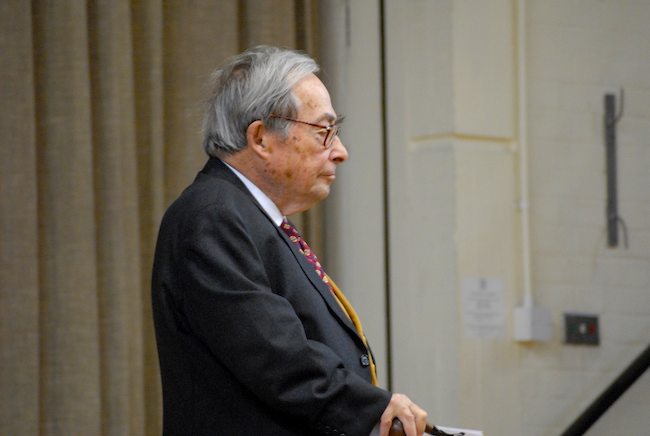It’s the next stage in the WikiLeaks story. According to the New York Times Blog today,
A Swiss bank on Wednesday moved to withdraw a lawsuit that it had filed against a Web site that it claimed had displayed stolen documents revealing confidential information about the accounts of the bank’s clients.
Lawyers involved in the case said the move by Bank Julius Baer most likely ends its battle against Wikileaks, a Web site that allows people to post documents anonymously “to be of assistance to people of all regions who wish to reveal unethical behavior in their governments and corporations.”
The bank last month obtained an order from U.S. District Judge Jeffrey S. White in San Francisco that obstructed, but did not absolutely prevent, access to material posted on Wikileaks by turning off the domain name wikileaks.org. The judge’s action drew a flurry of media attention and a barrage of legal filings by media and other organizations arguing that the order violated the freedom of speech protected by the First Amendment.
After a hearing on Friday, Judge White withdrew that order, saying that he was worried about its First Amendment implications and that he thought it might not be possible to prevent viewing of the documents once they had been posted on the Web anyway.
It’s been a huge PR disaster for them — and succeeded mainly in convincing people that there might be something fishy going on. Talk about shooting yourself in the foot!

